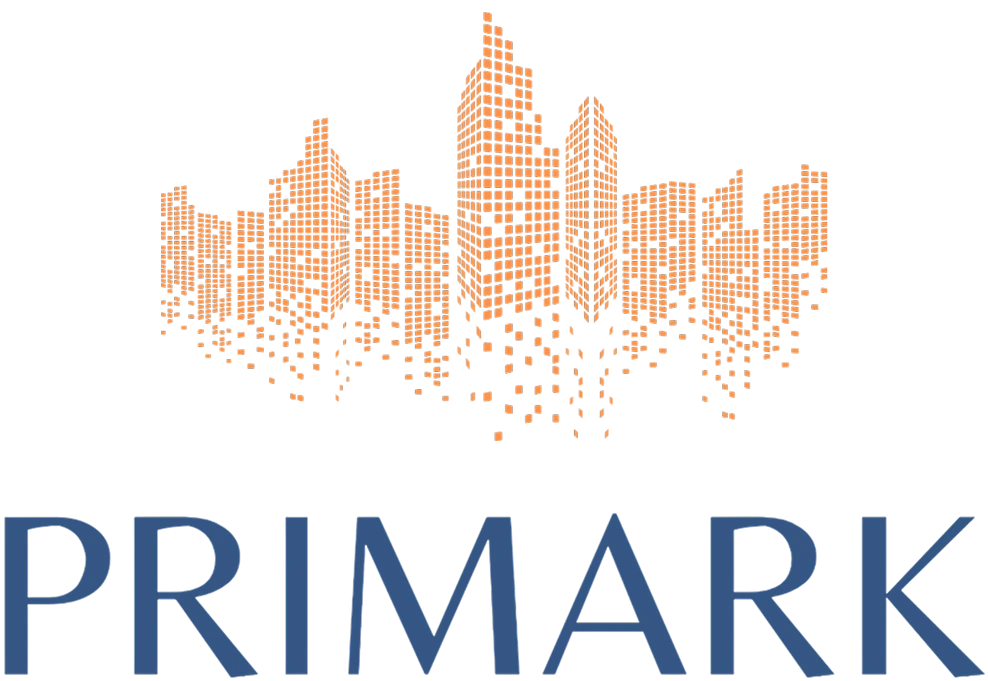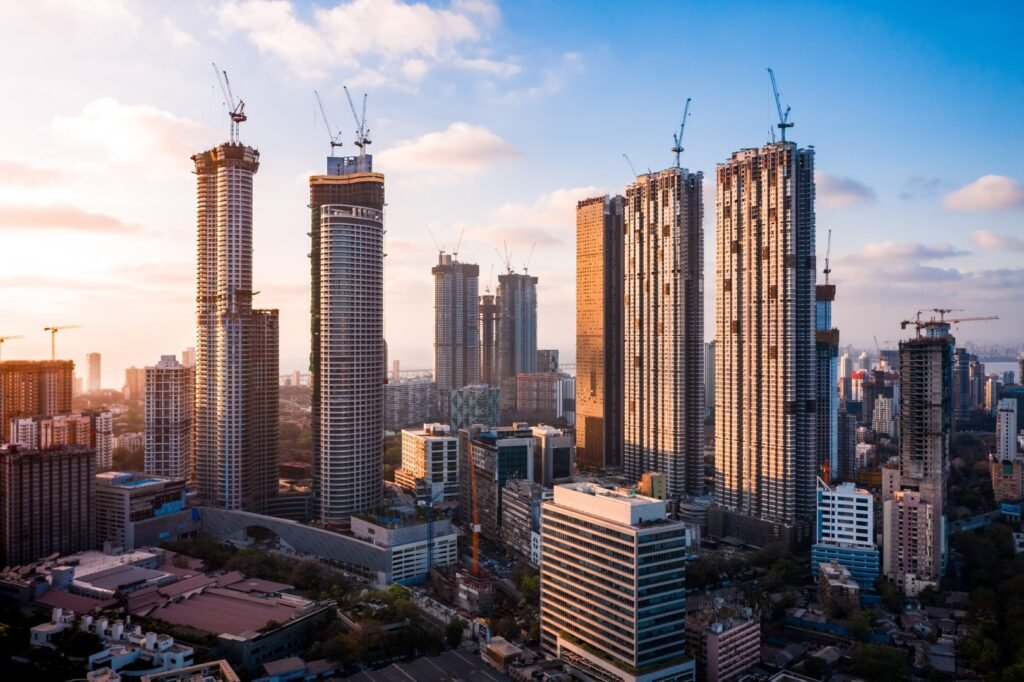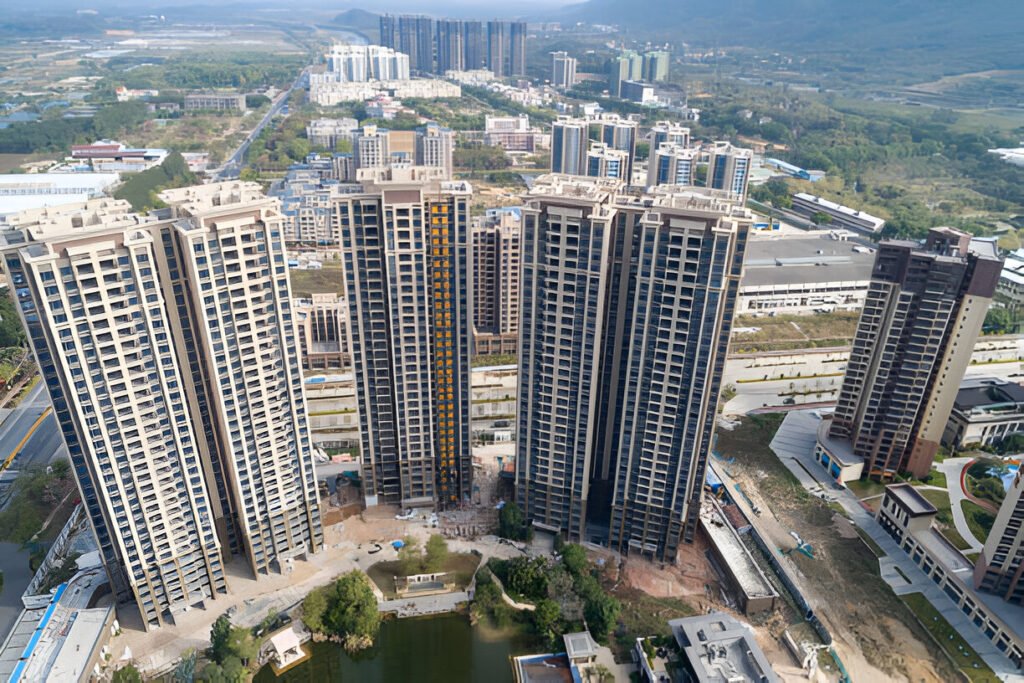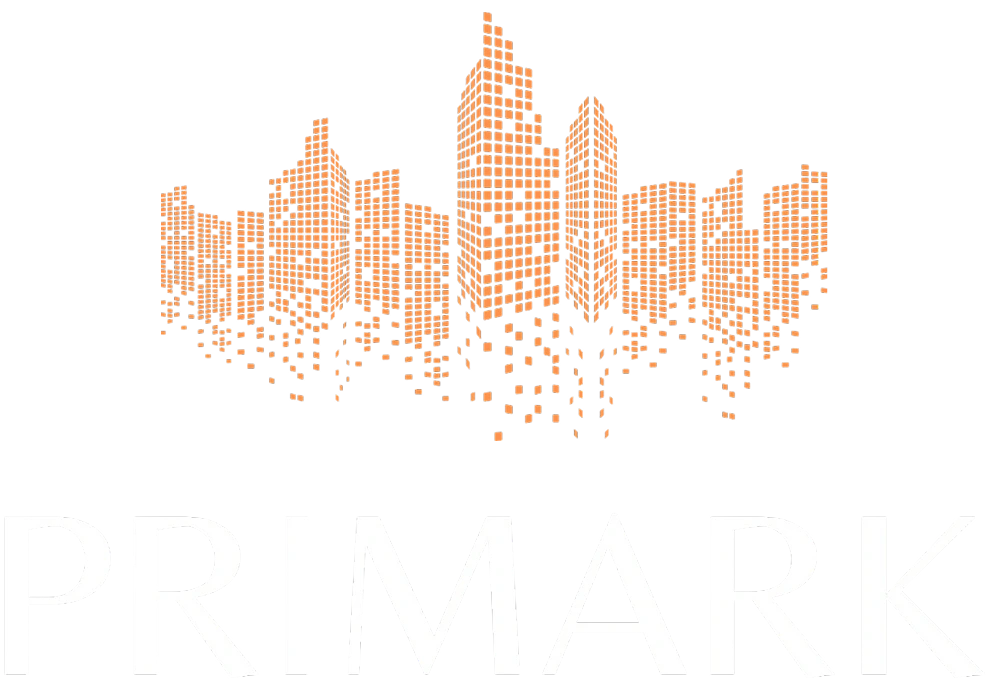A huge change is occurring in the real estate industry. As a result of technology, sustainability, shift in buyer behavior, and economic transformation, no wonder the property market today in 2025 is not what it was a few years ago. Whether you’re a real estate investor, homebuyer, developer, or just curious about where the industry is headed, it’s essential to understand the trends shaping the next decade of property investment and development.
Technology-Driven Real Estate
In 2025, proptech (property technology) is emerging and changing the ways we buy, sell, rent and manage properties. Technology is also making the selling and buying process easier with virtual property tours, AI empowered real estate sites among others.
- Real estate Artificial intelligence is utilised to build trends in property value, estimate investment risks, and automate property management.
- Blockchain based smart contracts are diminishing the occurrence of fraud and making real estate transactions faster.
- Virtual staging and 3D property walkaround are becoming the norm, giving buyers a chance to experience homes before seeing them in person and save both agents and clients plenty of time.
With digital transformation in real estate, the industry is increasingly getting transparent, efficient, and user-friendly.
The Rise of Sustainable Living
Sustainability is one of the greatest trends in real estate in the contemporary world. Eco-friendly homes, green buildings and energy-efficient communities are not only popular; they are becoming a standard requirement as well.
During urban developments, the buildings are currently being planned with:
- Solar panels
- Intelligent energy networks
- Rainwater harvesting
- Eco-friendly construction materials
Consumers are becoming more frequently inquiring as to the carbon footprint, energy consumption and accessibility of green spaces. Incentives to develop green real estate, on the side of governments, also exist, where builders are purchasing green to be in line with emerging requirements of sustainability.
Work-From-Anywhere and Hybrid Lifestyles
Among the greatest transformations of recent years, the emergence of work-at-home has become one of the most important ones. Currently, there is a tendency to reduce the number of office spaces and to increase the number of dwellings in suburban and rural locations as the number of companies agreeing to maintain flexible working options has grown in recent years. Very large populations are opting to move away from the densely populated cities to those cities that are cheaper and have space to live in to enable them to lead a better life.
This change has resulted in growing demand on single-family houses, especially the regions that were not that desirable in the past. This tendency of working at home will obviously keep on shaping the real estate trends in 2025 and beyond. With remote work taking a permanent role in the life of many, buyers and renters will become highly concerned with acquiring a property that has an office or easy conversion to a home office.
The Growth of Smart Cities
Smart cities are not a fiction anymore as they are turning into reality. Its application in IoT (Internet of Things) technology is being incorporated into building, infrastructure, transportation, and utilities to enhance the infrastructure and make cities more livable.
For real estate developers, this means:
- Smart meters and sensors in homes
- Automated lighting and climate control
- Data-driven traffic and transport planning
- Real-time parking solutions
Smart cities have access to investors, businesses, and technology-savvy customers, thus becoming an excellent location to develop commercial real estate and carry out a long-term investment in property.
The Growing Demand for Rental Properties
With fewer people being able to afford to buy homes, the renting sector will expand to increased significance. As prices continue to become high on homes and there are much more strict requirements lenders have to meet now when it comes to lending out money some people are slowly getting into the meat market and buying up rental properties when they can no longer buy homes. The demand rate of apartment rental and short-term rental generated through services like Airbnb is likely to rise even further as the city living cost (e.g. San Francisco or New York) is so high.
To real estate investors, this is a diversification venture. The demand for multi-family homes, condo homes, and townhomes are likely to increase because more individuals opt to become renters than house owners. Also, with the emergence of remote work, the use of vacation rentals (people want to travel and work in distant places) can climb even higher.
Affordable Housing and Government Policies
Affordability of housing is one of the important concerns in the developed and emerging economies. Governments are also becoming active in formulation of real estate policy and in financing affordable housing activities.
- Incentives for low-income housing development
- Subsidized housing loans and reduced stamp duties
- Relaxed zoning regulations to increase housing supply
By 2025, the politics is gravitating towards inclusive development where the real estate developers have an incentive of only centering on ultra luxury projects but also on a large scale and sustainable development of residential projects across the board.
Urbanization and the Continued Demand for Mixed-Use Developments
Though the popularity of suburban living increases, urbanization is not going to disappear. Actually, a number of cities are growing to be centers of mixed-use developments where residential, commercial, and recreation facilities are built into the same space. This trend is driven by the desire for convenience and the rise of walkable cities.
By 2025, more urban zones will observe the constructions of co-living facilities inclusive of office buildings, shops, and places of amusement. These hybrid communities also offer more to the people residing around them because all they need in life is found around the corner thus enabling them to live, work and play in the same location. It is especially appealing to younger generations, which seek a compromise between life in the city and a more eco-focused, socially conscious manner of life.
The Impact of Demographics on Housing Preferences
In the future, demographic changes will still play a major role in the real estate preferences. The expectations held by millennials and even the generation Z, as they become the biggest homebuyers will determine the real estate market. Newer generations are ever more in the search of homes with smart technology, energy efficient design with sustainability and walkability to everything.
Meanwhile, demands in senior housing and age-friendly communities are expected to be motivated by the aging population. It is expected that by 2025 additional real estate development will service older adults with more accessible and convenient homes built to accommodate people with mobility demands.
In the last years before 2025, the real estate market will change as well, and this trend will be driven by the shifts in technology, demographics, and buyer preferences. As a home buyer or an investor, it will be important to keep updated on such emerging trends so that you will be able to make intelligent decisions and capitalise on them in the future. One can think of adopting the emerging remote working trend, investing in eco-friendly property or experimenting with newer forms of technology, such as virtual reality, but the future of real estate is full of untapped opportunities.





